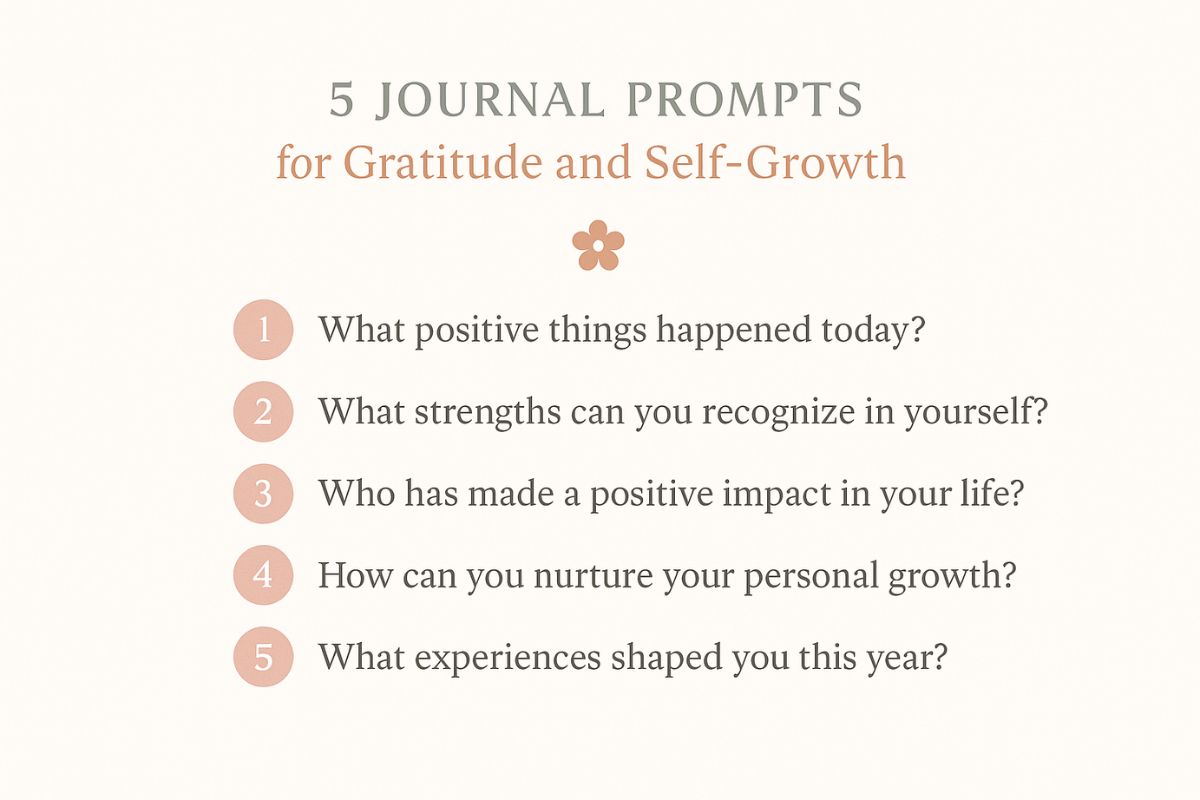Spring has always been a season of renewal — the perfect time to refresh your self-care routine and cultivate habits that nurture your overall well-being. One timeless yet trending practice making waves this season is mindful journaling. Whether you’re new to journaling or have a stack of filled notebooks from years past, this simple act of writing about whatever is on your mind can offer clarity, calm, and a deeper connection with yourself.
Understanding Self-Care Through Journaling

What Is Self-Care?
At its core, self-care is about intentionally taking time to recharge — mentally, emotionally, and physically. It’s not all bubble baths and scented candles (though those help too); it’s about tuning into your thoughts and feelings and responding with kindness and awareness.
The Importance of Self-Care Journaling
Journaling for self-care turns reflection into a ritual. When you keep a self-care journal, you create a private space to vent, process difficult emotions, and explore your emotions and experiences. The benefits of journaling go beyond mental wellness — it can also support physical health by reducing stress or anxiety and helping you unwind after long days.
How Journaling Contributes to Self-Growth
Through journal writing, you gain a deeper understanding of yourself. Over time, regular journaling helps you reframe negative thoughts, strengthen self-awareness, and boost self-confidence. Each entry becomes a step in your self-growth journey — a way to track your evolution and rediscover your sense of purpose.
Getting Started with Your Self-Care Journal

Choosing the Right Kind of Journal
When starting your journaling habit, think about the kind of journal you want. Are you drawn to bullet journaling for structure, or do you prefer a free-flowing notebook to jot your thoughts? You could even experiment with a journaling app if you’re more digital. The key is to choose something that inspires you to journal regularly.
Setting Up Your Self-Care Journal Routine
There’s no rule that says you must write every day — aim to journal three times a week or whatever fits your daily routine. The most important thing is consistency in maintaining your self care journal. Set aside a few quiet moments to reflect on your day, write down three things you’re grateful for, or note any affirmations that uplift you.
Creating a Comfortable Writing Environment
To make self-care journaling enjoyable, create a calming space. Light a candle, brew some tea, or play soft music — whatever helps you focus. The environment should encourage you to write about whatever comes to mind without judgment.
Utilizing Journal Prompts for Self-Reflection

Types of Journal Prompts to Consider
If you ever feel stuck or unsure what to write, journal prompts are your best friend. Using journal prompts provides structure and inspiration, helping you explore your thoughts and feelings more deeply.
Daily Gratitude Prompts
A gratitude journal is one of the simplest and most powerful forms of self-care journaling. Try prompts like:
- What are three things I’m grateful for today?
- Who made my day brighter?
- What small moments brought me joy this week?
Prompts for Self-Discovery and Growth
Use writing prompts that encourage introspection, such as:
- What’s something I’ve recently overcome?
- How do I respond to difficult things in my life?
- What would I say to my younger self?
These prompts to help guide your journaling process towards self-reflection and self-growth, helping you understand and reframe negative feelings.
Incorporating Mindful Practices into Your Journaling

The Role of Mindfulness in Journaling
Mindfulness is the art of being present — noticing your emotions, sensations, and thoughts without judgment. When combined with self-care journaling, mindfulness helps you observe your inner world with compassion and clarity.
Integrating Meditation and Journaling
Try pairing meditation with daily journaling. After a short session, write about whatever surfaces — difficult emotions, fleeting thoughts, or moments of peace. This helps release tension and brings balance to both mind and body.
Using Journal Entries for Emotional Clarity
Reviewing your journal entries can help you spot patterns and track your emotional evolution. As you look back, you’ll notice how your ability to overcome challenges and manage stress or anxiety has strengthened. This awareness supports lasting change and overall well-being.
Maintaining Your Journaling Habit

Overcoming Writer’s Block with Prompts
If you ever feel stuck staring at a blank page, return to self-care journal prompts or a simple daily journal exercise. You might reflect on your day, vent about something bothering you, or note a to-do for tomorrow. The goal is progress, not perfection.
Creating a Sustainable Self-Care Routine
To promote self-care, make regular journaling part of your weekly rhythm. Whether you write three times a week or once daily, consistency will help this practice become second nature.
Reflecting on Your Progress and Growth
Every few weeks, take time to revisit old entries. Notice how your handwriting changes with your mood, or how certain themes evolve. This ritual deepens your journaling experience, strengthens your sense of peace, and reminds you how far you’ve come.
Final Thoughts
Keeping a journal isn’t about perfection — it’s about presence. Through mindful journaling, you create space for self-reflection, release negative thoughts, and nurture your sense of purpose. So this spring, grab your pen, find a quiet corner, and begin your journey toward a calmer, more connected you.




















